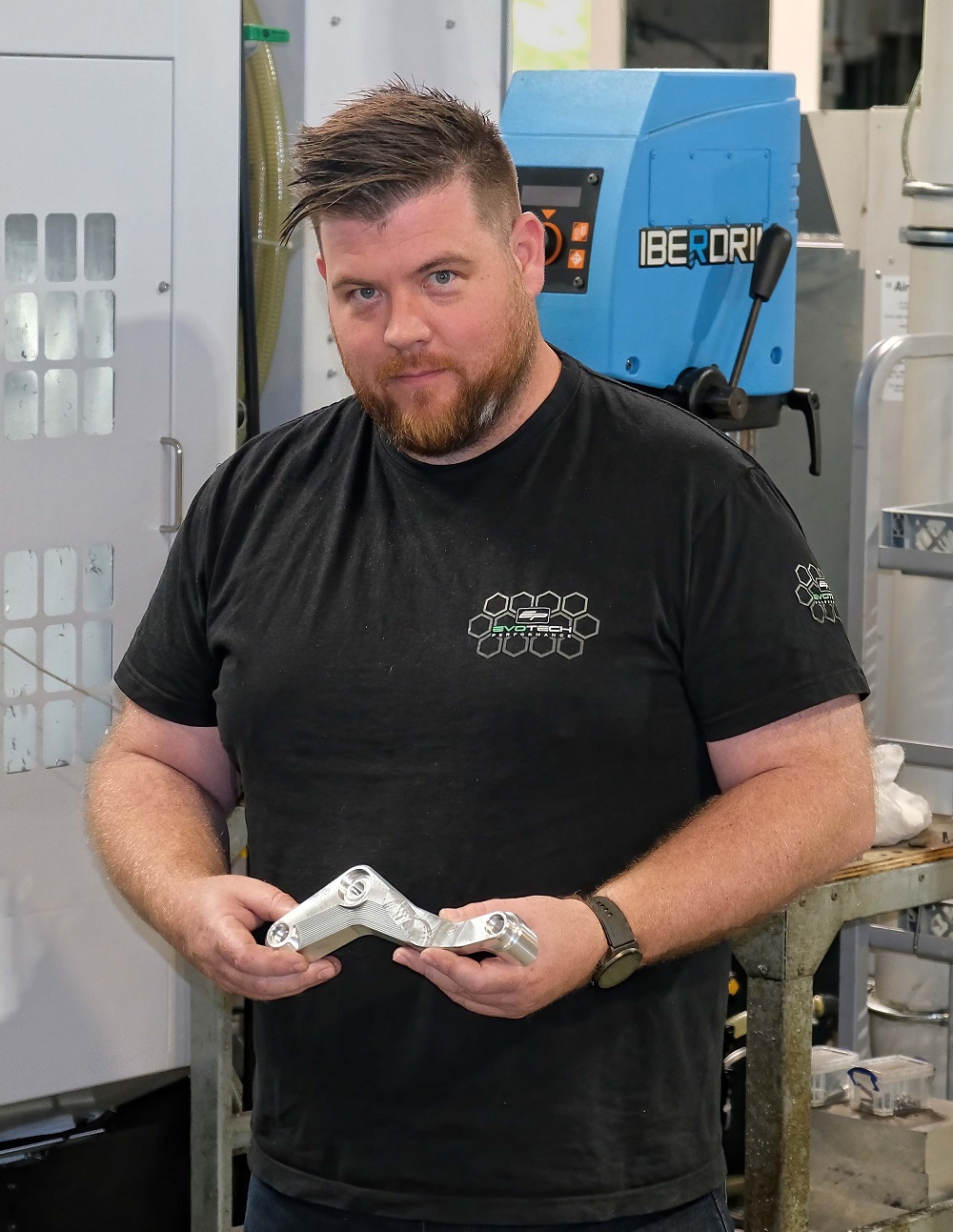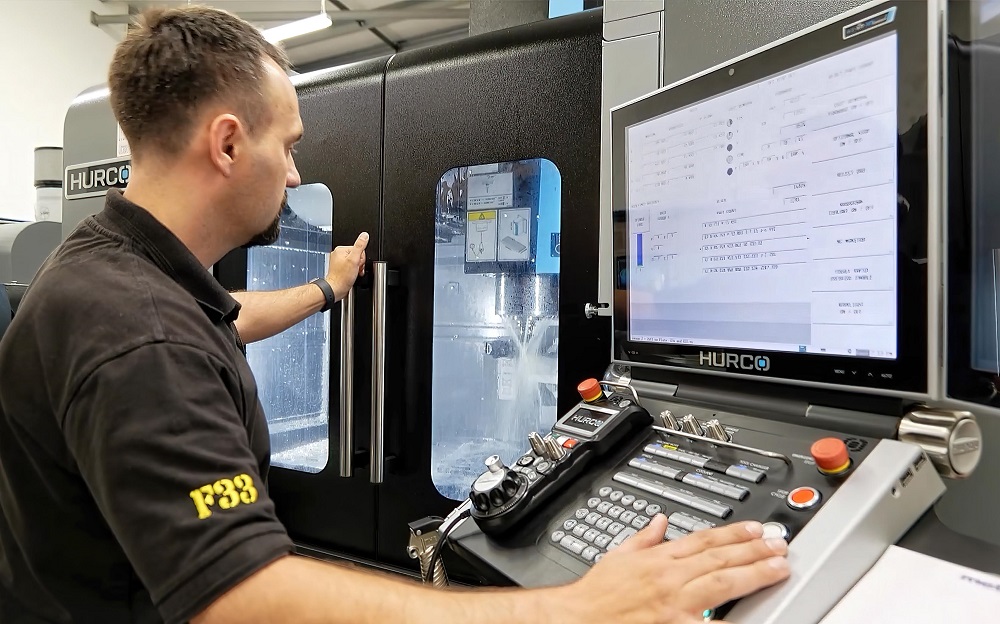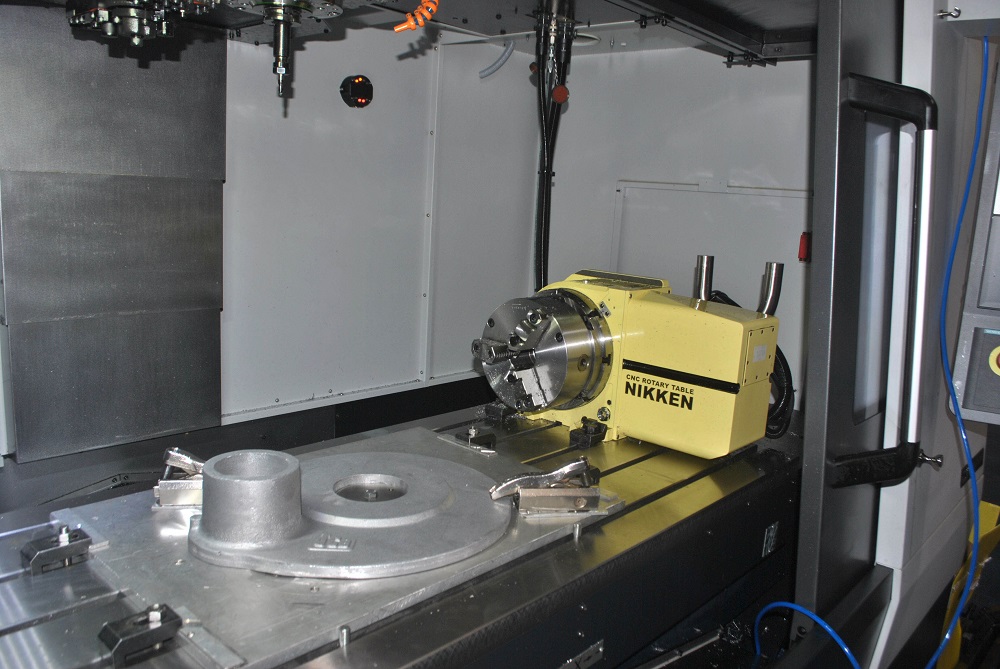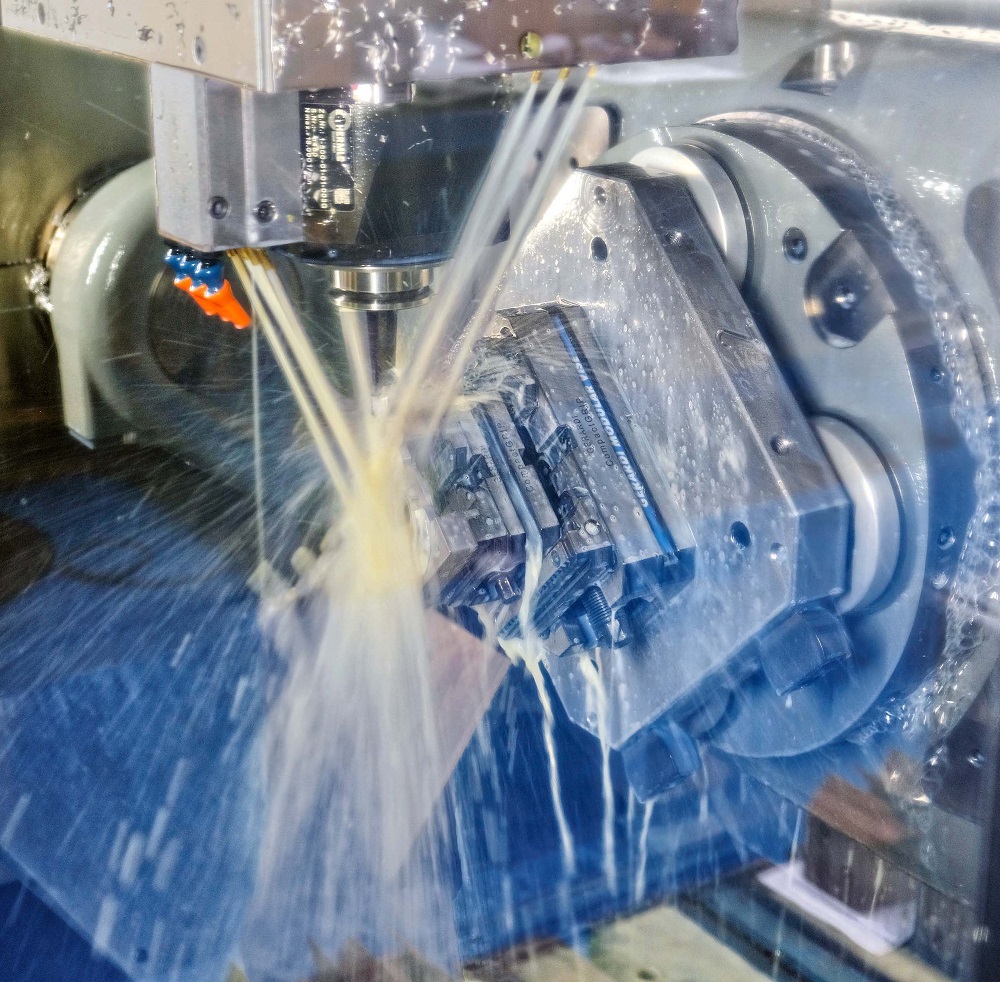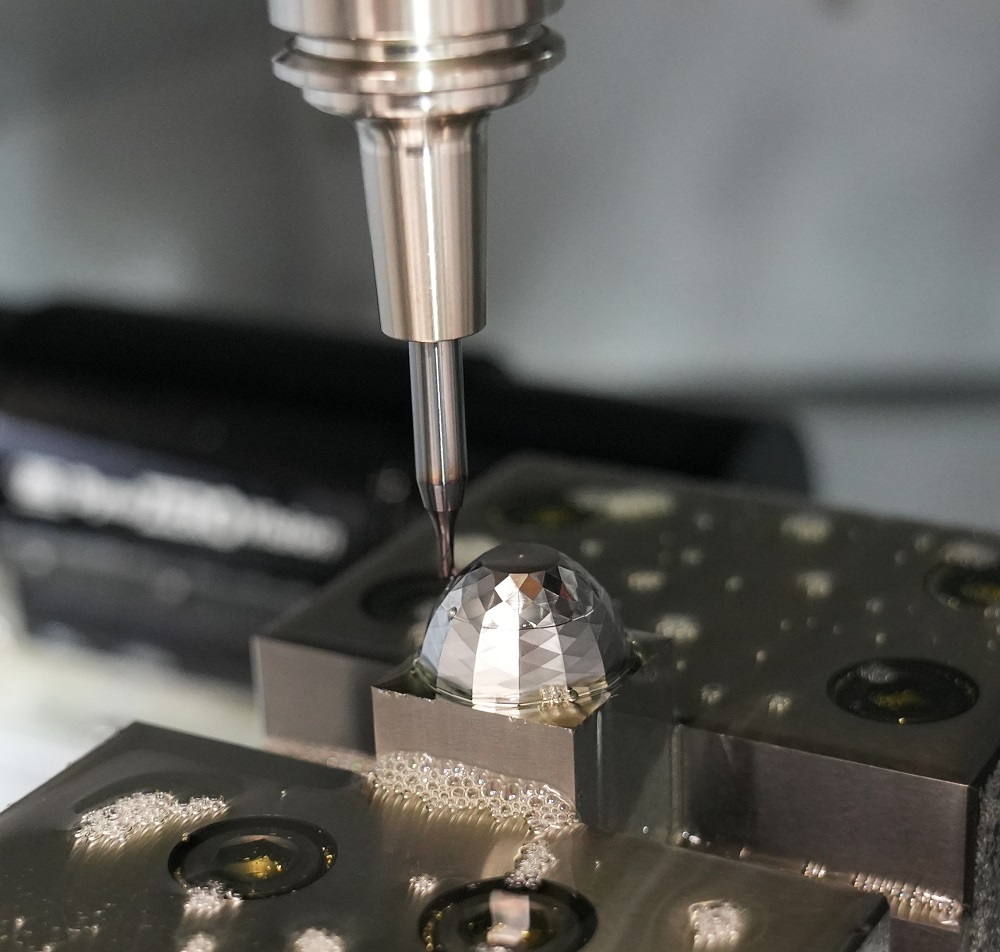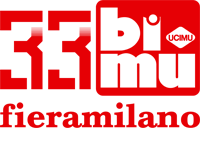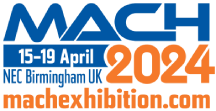Established in 2003 as a subcontractor, Drury Precision Engineering started two years later to manufacture its own range of mainly aluminium motorcycle accessories for road and racing bikes, and now no longer takes on external machining work. The company sells its aftermarket bike components globally under the Evotech Performance brand. The past eight years have seen exceptional year-on-year growth in turnover that necessitated careful planning of production capacity on the shop floor to keep pace with demand.
A user since 2015 of 16,000 rpm, high-efficiency machining centres from Brother, supplied through sole UK and Ireland agent Whitehouse Machine Tools (WMT CNC), Drury has over the years used various manually operated, twin automatic pallet change (2APC) models of the three-axis, 30-taper, machines, of which only two remain. That is because, to raise throughput, the company decided in 2015 to transition to automated Brother production cells with the purchase of two five-axis Speedio M140X2s.
One featured a Brother 4 m Feedio vision-based, robotic component handling system, while the other was connected to a System 3R WorkPartner Plus storage and handling system accommodating 180 pallets.
Now the company has gone a step further along the automation route with the installation of a larger capacity Brother Speedio U500Xd1 five-axis machining centre offering pneumatically-operated zero-point pallet location, again served by a WorkPartner Plus storage and handling system, but this time for 60 heavy-duty pallets.
It proved so successful that a second, almost identical cell has been ordered for delivery in October 2024, complete with its own WorkPartner Plus, as sharing one storage system between the two machines would reduce unmanned running hours to below the required 14 hours per machine.
More information www.wmtcnc.com




